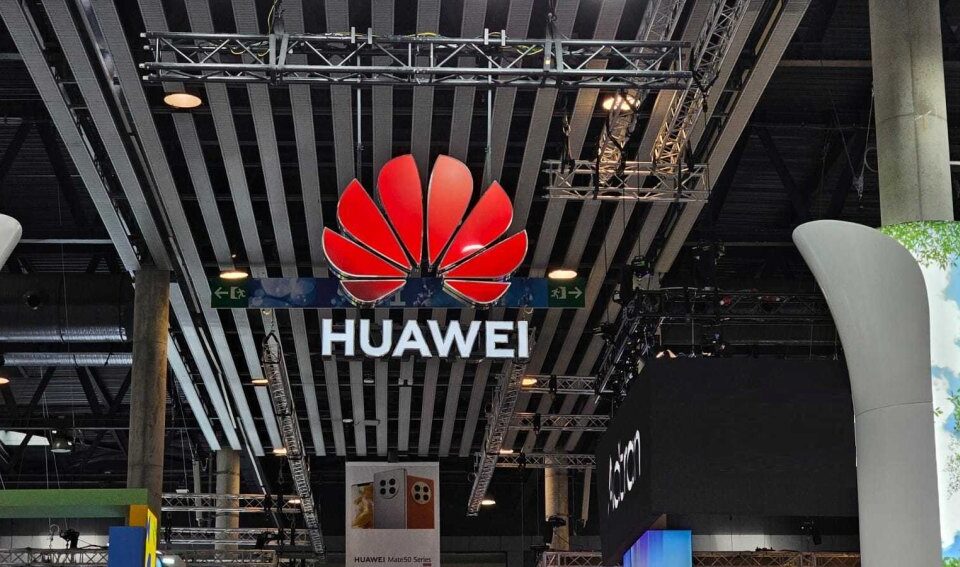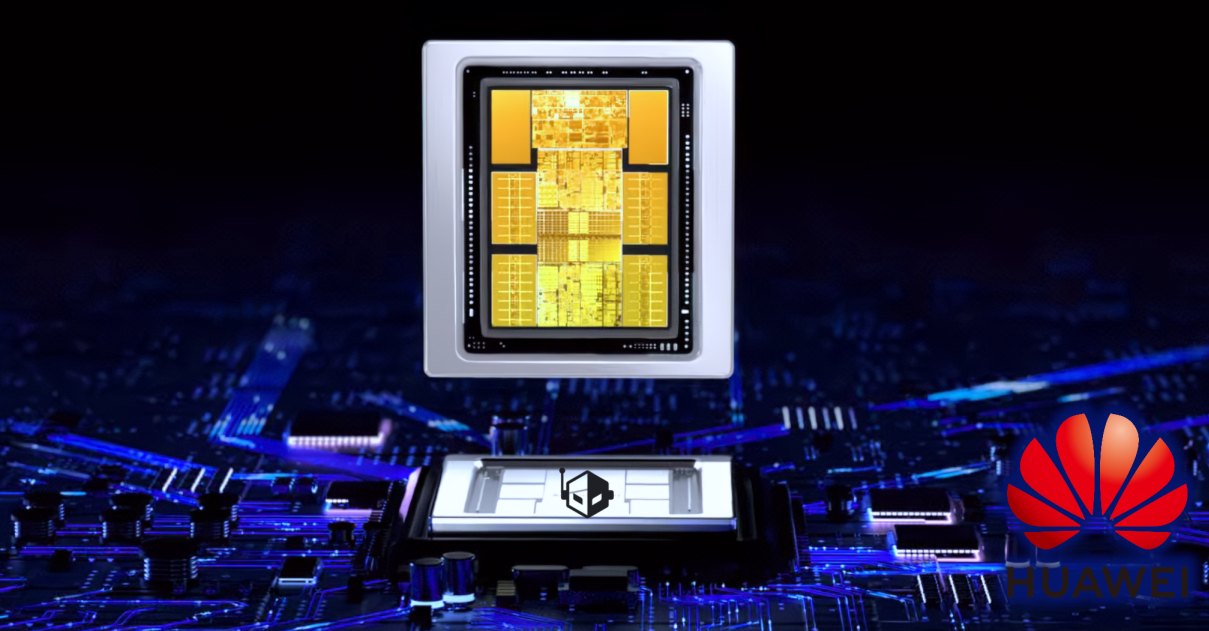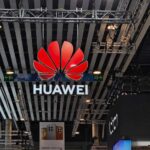Huawei set to launch new AI chip to challenge Nvidia dominance

Huawei is on the verge of launching a new AI chip designed to challenge Nvidia’s dominance in China, the Wall Street Journal on Tuesday, citing sources.
The new AI chip, named Ascend 910C, is currently undergoing tests with major tech firms companies to evaluate its performance and efficiency. Huawei has reportedly informed potential clients that the new chip can match or even surpass Nvidia’s H100 in terms of capabilities.
“Chinese internet companies and telecommunications operators have been testing Huawei’s latest processor, called Ascend 910C, in recent weeks, according to people familiar with the matter. Huawei told potential clients that the new chip is comparable to Nvidia’s H100, which was introduced last year and isn’t directly available in China, the people said,” the Wall Street Journal reported.
The report highlights that Huawei has quietly been developing the Ascend 910C as part of its strategy to navigate U.S. sanctions and the ongoing U.S.-China chip conflict. This move appears to be Huawei’s attempt to rival Nvidia’s AI chipsets within the Chinese market.
Testing has been ongoing for the past few weeks, indicating that the new chip is nearly ready for release. The Wall Street Journal also noted that Huawei plans to begin shipping the Ascend 910C as early as October.
The report also mentions that Huawei and its clients have discussed orders exceeding 70,000 chips, potentially worth around $2 billion. This new AI processor could help Huawei level the playing field with its competitors in the AI chipset market.
Last year, U.S. regulations prevented Nvidia from selling its advanced chips, including the H100, to Chinese customers due to national security concerns. In response, Nvidia introduced three chips designed for the Chinese market, including the H20, but with reduced computing power compared to the H100.
Companies like ByteDance, Baidu, and China Mobile are among those interested in securing the 910C chips. Initial talks between Huawei and these companies suggest that orders might exceed 70,000 chips, valued at about $2 billion.
Late last year, Huawei made headlines with the unexpected launch of its 5G smartphone, the Mate 60 Pro, featuring a new 5G chip developed by Semiconductor Manufacturing International Corporation (SMIC), China’s leading chipmaker.
Bloomberg reported that the Mate 60 Pro is powered by SMIC’s 7nm chips, marking the first use of this advanced technology by SMIC. This development indicates significant progress in China’s efforts to build a domestic chip industry.





